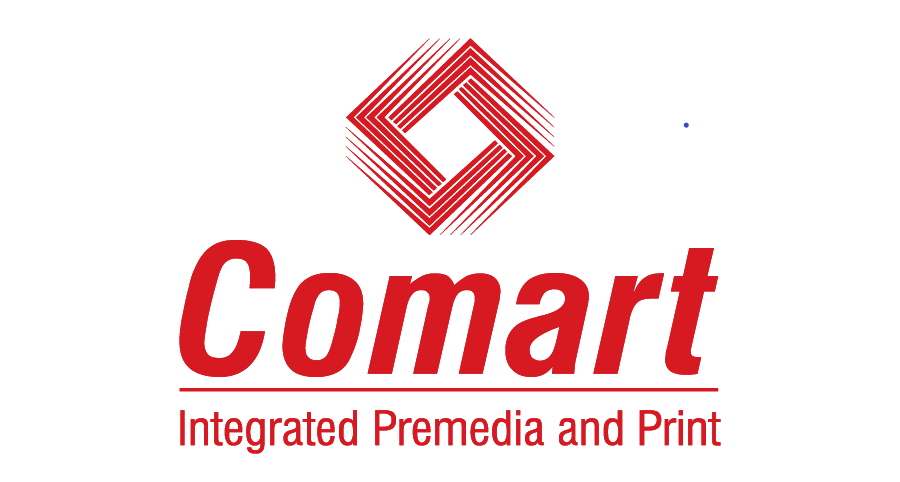Blockchain technology has been making waves across various industries, revolutionizing the way transactions are conducted and data is stored. One sector that stands to benefit significantly from this innovative technology is the healthcare supply chain. The healthcare supply chain is a complex network of manufacturers, distributors, pharmacies, hospitals, and other healthcare providers that work together to ensure the timely delivery of medical supplies and medications to patients. However, the current supply chain system is plagued by inefficiencies, lack of transparency, and issues with counterfeit drugs. Blockchain technology has the potential to address these challenges and transform the healthcare supply chain for the better.
Blockchain technology is a decentralized and immutable ledger that records transactions across a network of computers. Each transaction is verified by network participants, or nodes, before it is added to the ledger. Once a transaction is recorded, it cannot be altered or deleted, providing a secure and tamper-proof record of all transactions. This level of transparency and security is critical in the healthcare supply chain, where the quality and authenticity of medications and medical supplies are paramount.
One of the key benefits of using blockchain technology in the healthcare supply chain is increased transparency. The decentralized nature of the blockchain allows all participants in the supply chain to have real-time access to the same information, reducing the need for third-party intermediaries and streamlining the flow of information. This transparency helps to prevent fraud and counterfeit medications from entering the supply chain, as all transactions can be traced back to their source.
Another advantage of blockchain technology in the healthcare supply chain is improved security. The immutable nature of the blockchain ensures that all transactions are secure and tamper-proof, reducing the risk of data breaches and ensuring the integrity of the supply chain. With blockchain technology, each medication or medical supply can be assigned a unique digital signature that verifies its authenticity and origin, helping to prevent the distribution of counterfeit drugs.
In addition to transparency and security, blockchain technology can also enhance the efficiency of the healthcare supply chain. By streamlining the flow of information and eliminating the need for paper-based records, blockchain technology can help to reduce administrative costs and improve the speed and accuracy of transactions. Smart contracts, which are self-executing contracts with the terms of the agreement directly written into the code, can automate the process of verifying and executing transactions, further improving efficiency and reducing the risk of errors.
Despite the numerous benefits of blockchain technology, there are still some challenges that need to be addressed before it can be widely adopted in the healthcare supply chain. One of the main challenges is interoperability, as different organizations may be using different blockchain platforms or protocols. Standardizing blockchain technology across the healthcare supply chain will be essential to ensure seamless integration and communication between all participants.
Another challenge is scalability, as the current blockchain infrastructure may not be able to handle the large volume of transactions in the healthcare supply chain. As more organizations adopt blockchain technology, the network will need to be able to support increased transaction volume and processing speed. Improvements in blockchain scalability, such as the development of off-chain solutions and sharding techniques, will be crucial to the successful implementation of blockchain technology in the healthcare supply chain.
In conclusion, blockchain technology has the potential to revolutionize the healthcare supply chain by increasing transparency, improving security, Stable Capital and enhancing efficiency. By providing a secure and tamper-proof record of transactions, blockchain technology can help to prevent fraud and counterfeit medications, reduce administrative costs, and streamline the flow of information. However, there are still challenges that need to be addressed, such as interoperability and scalability, before blockchain technology can be widely adopted in the healthcare supply chain. With further research and development, blockchain technology has the potential to transform the healthcare supply chain and improve patient outcomes.
